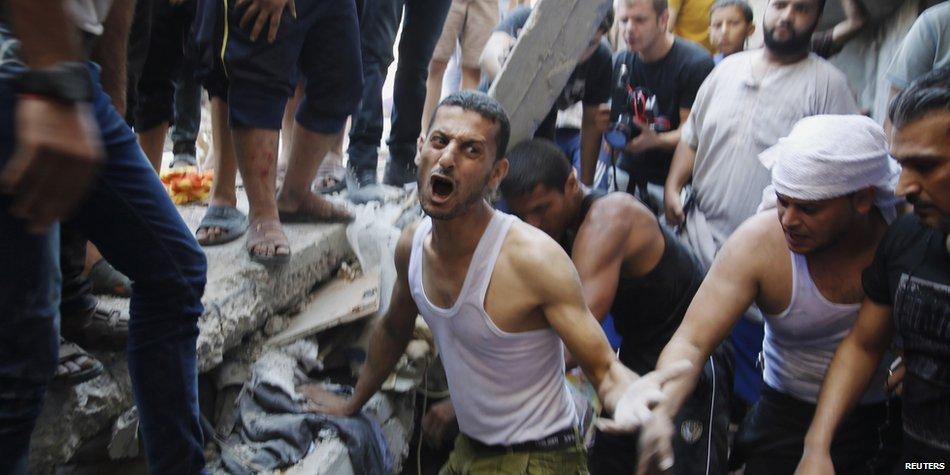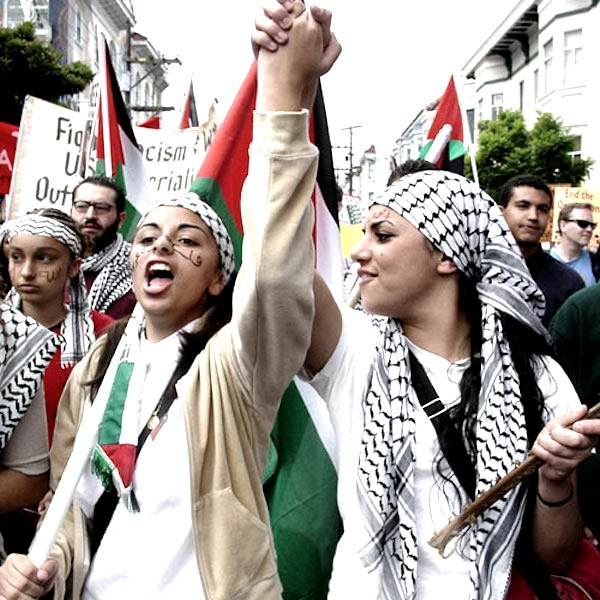Tag: Global Actions
-
UPDATED: Gaza Calling: All out on Saturday 9 August Day of Rage
6th August 2014 | Call from Palestine | Gaza, Occupied Palestine Updated August 8th: Help us spread the call from Gaza for a Day of Rage on August 9th. Please help share the following translations via social media: Arabic, English, Danish, Dutch, French, German, Hebrew, Italian, Spanish, Swedish, and Turkish. Words alone do not do justice. Take the streets for Gaza! ******* Gaza Calling: All out on Saturday…
-
Take action: Protests around the world respond to assault on Palestine
5th July 2014 | Samidoun: Palestinian Prisoner Solidarity Network Protests are being organized in cities around the world to respond to the ongoing assault on Palestine and the Palestinian people, including the murders of Palestinians (including 16-year-old Muhammad Abu Khdeir, murdered brutally by Israeli settlers), the bombing of Gaza, the mass arrests of over 600,…
-
Israel must be held accountable for its collective punishment of Palestinians
3rd July 2014 | Palestinian BDS National Committee | Ramallah, Occupied Palestine – Palestinian organisations condemn Israeli operations in West Bank and Gaza as collective punishment – Palestinians call for military embargo and boycott action Palestinian boycott, divestment and sanctions (BDS) activists have are urging governments and international civil society to take action to hold Israel…



